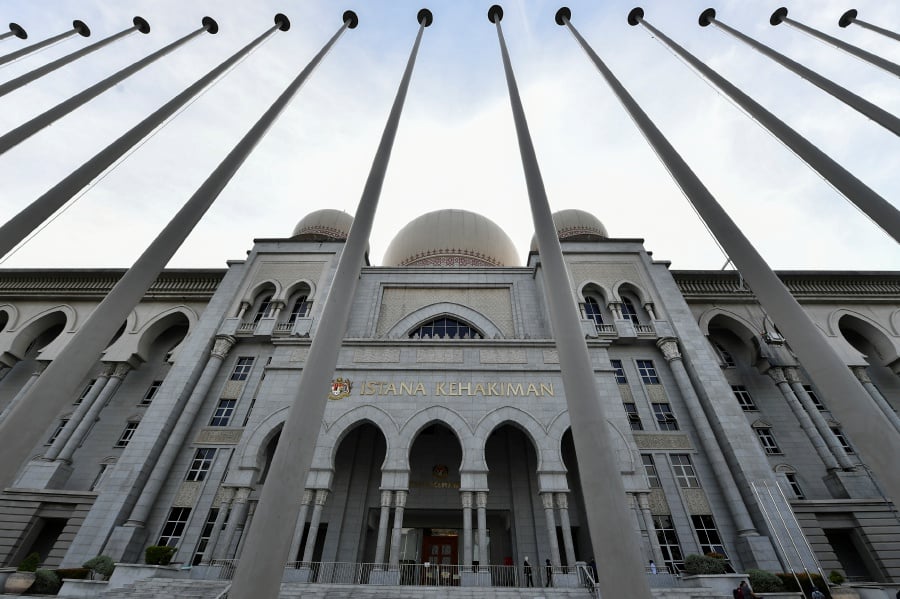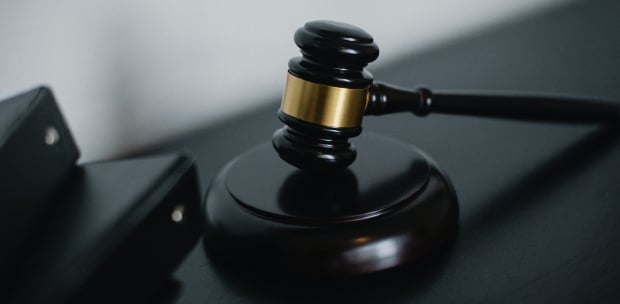LAST week, a journalist asked for my comment on the concept of "presumption of innocence", that is, a person is presumed innocent until proven guilty beyond reasonable doubt in a court of law.
The journalist wanted to know what happens after an accused is found guilty by the trial judge and given a prison sentence, but is freed on bail pending the outcome of the appeal.
Can he still claim that he is innocent? Is the position the same if the Court of Appeal rejects
his appeal, but he is still given leave to appeal to the Federal Court?
In September last year, the Indian Supreme Court ruled that there shall be no such presumption of innocence once a person is convicted by a court.
The Supreme Court advised the High Court judge to be very slow in granting bail to the accused pending appeal in cases where the accused had been convicted of serious offences such as murder.
The Supreme Court made that ruling upon hearing an appeal filed by Shakuntala Shukla from Uttar Pradesh, who challenged the bail granted by the Allahabad High Court to four men convicted of murdering her husband, Kripa Shankar Shukla, during the pendency of their appeals against conviction. The court set aside the High Court order granting them bail and asked the convicts to surrender.
In his essay on the subject, "Presumption of Innocence: Should it Apply During the Appeal Process?", academician Dr Mohd Munzil Muhamad noted that according to the "general view", the presumption of innocence endures only during the trial, not the appeal process.
He cautions, however, that there is an emerging view that the concept should apply throughout the criminal justice process. In other words, including the process of appeal.
In Malaysia, the right to appeal is contained in the Courts of Judicature Act 1964. Under this statute, a convicted person is entitled to a two-tier right of appeal.
If the trial begins in a subordinate court (either the magistrate's court or the Sessions Court), the High Court is the first appellate court and the Court of Appeal will be the final appellate court.
If, however, the trial starts at the High Court, the Court of Appeal will operate as the first appellate court and the Federal Court as the final appellate
court.
It is an established principle in Malaysian jurisprudence that an appeal is a continuation of a trial.
That principle was first recognised in Balasingham v Public Prosecutor [1959] 1 MLJ 193 and has since been followed and endorsed, including in the Federal Court in the recent case of Bird Dominic Jude v Public Prosecutor [2014] 3 MLJ 745.
In this case, the Federal Court explained that during an appea, the criminal proceedings against the appellant are continued.
A young criminal lawyer I have known since his student days suggests that it is necessary to bear in mind the decision of the trial judge after announcing his guilty verdict on the accused and imposing the sentence.
He reminds me that while the first appeal (from the High Court to the Court of Appeal) is usually automatically granted, a further appeal to the Federal Court depends on leave being granted by it.
No one can safely predict whether leave is going to be granted or not. When a trial judge allows an appeal to the Court of Appeal, he invariably allows the application by the accused to suspend the sentence.
The sentence is stayed, but not the conviction. What that means is that while the accused is still free on bail (he need not serve his prison sentence now), his conviction stays — unless his appeal is later allowed and the conviction is set aside by the Court of Appeal.
In simple terms, the accused is now a convicted person on record. My young lawyer asks how can that person claim that he is still "presumed innocent until proven guilty".
He has, in fact, been found guilty in an open trial. The lawyer says there is merit in the recent ruling of the Indian Supreme Court.
The writer was a federal counsel
at the Attorney-General's Chambers and visiting professor at Universiti Teknologi Malaysia. He is now
a full-time consultant, trainer
and author






